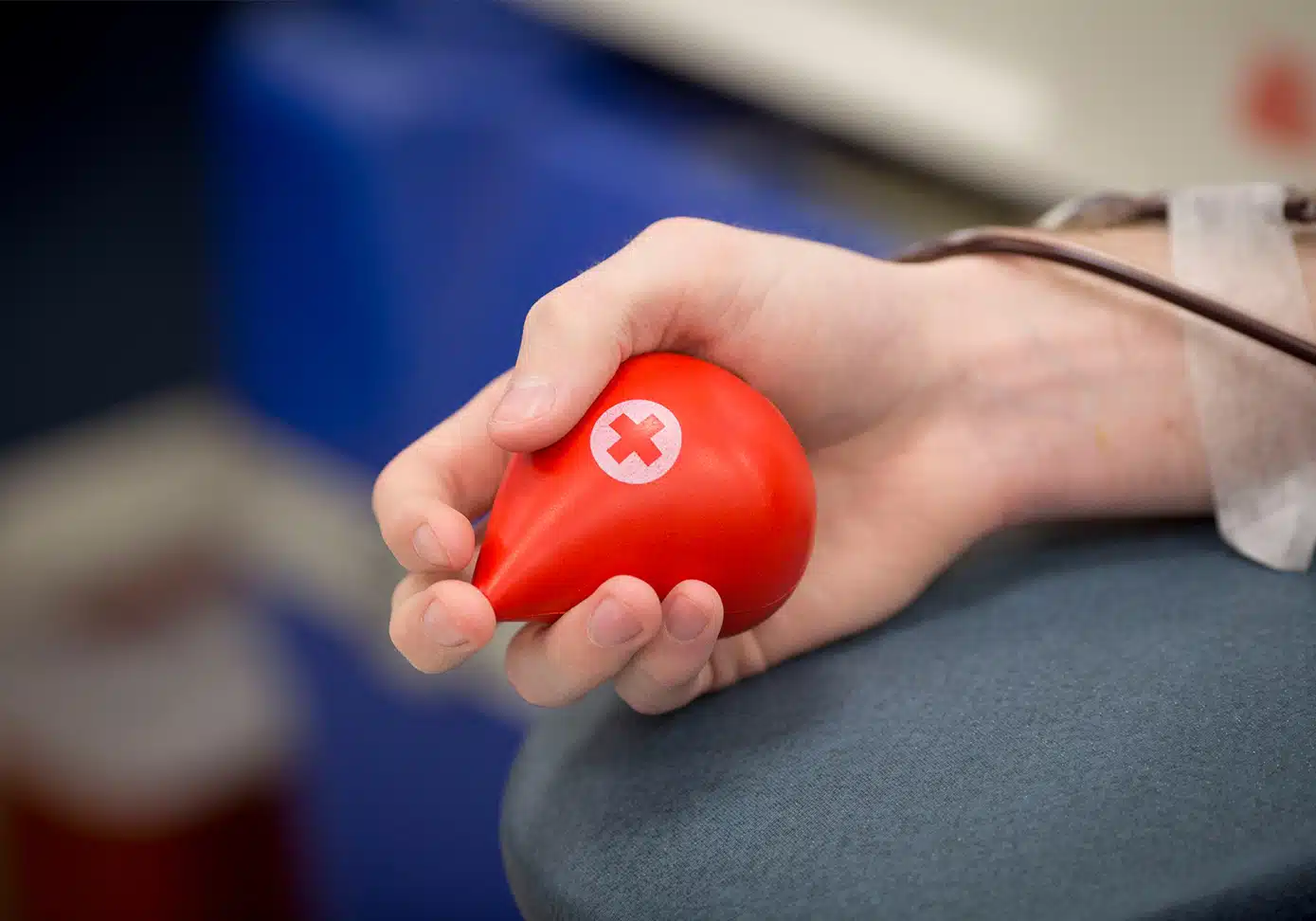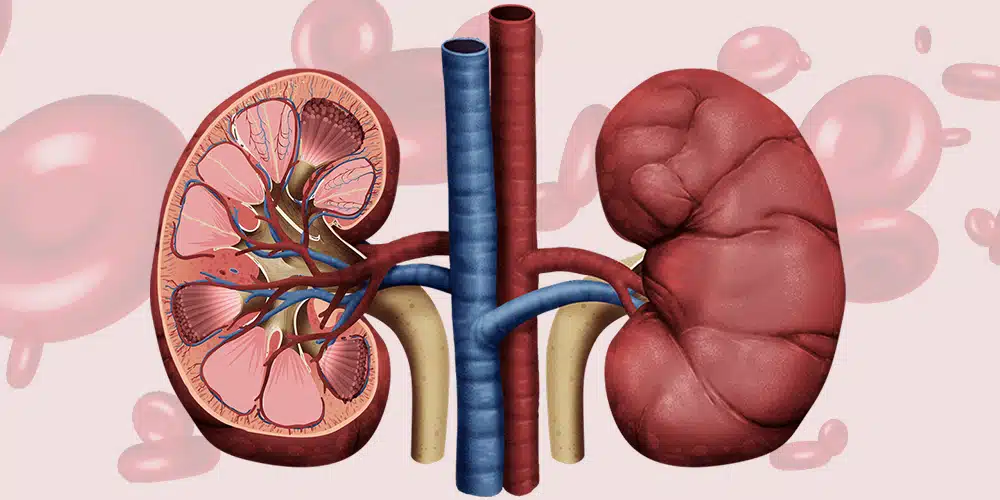Reasons for kidney failure
Kidney failure can happen due to different reasons. The most common causes of end-stage renal disease include:
- Diabetes
- High blood pressure
- Autoimmune disease (like lupus and IgA nephropathy)
- Genetic diseases (like polycystic kidney disease)
- Nephrotic syndrome
- Urinary tract problems
Sometimes kidney may fail suddenly in a short period of time (for example in two days). This type of kidney failure is called acute renal failure which is not permanent and can be treated by using medications.
What is a kidney transplant?
A kidney transplant is a surgery in which a healthy kidney is transferred to the body of a person who has a malfunctioning kidney. A renal transplant can be done by the use of a living donor’s or a deceased donor’s kidney. In comparison to lifetime dialysis, kidney transplant is mostly the chosen treatment that can offer longer life and better feeling. Kidney transplant is often associated with better life quality, lower risk of death, lower treatment cost and fewer restrictions for your diet. Due to the experience and skill of the TebMedTourism physicians team, you can be sure about the success of your kidney transplant and at the same time, you would not get stressed about the cost of the procedure. Because of the mentioned reasons and many other factors, Iran has become the best destination for kidney transplant.
ABO blood type compatibility
There are 4 blood types among people: A, B, AB, and O. Each person is always compatible with their own blood type and probably by the other types.
- AB patients are the universal recipients who can receive a kidney from any other blood type.
- A patients can receive a kidney from people with O or A blood type.
- B patients can receive a kidney from those who have O or B blood type.
- O patients can only receive a kidney from people with their own blood group.

ABO incompatible transplantation
When you have ABO incompatible kidney transplant, it means that your blood type differs from your donor’s blood type and they are not compatible. This procedure can lessen the waiting time for those patients who need an urgent transplant. In the past years, when a transplant happened with an incompatible blood type, the antibodies of the recipient’s blood would react immediately to the donor’s organ and it would cause kidney rejection. Previously physicians could prevent rejection only by matching the compatible blood pairs. Over the years, by medication advancements the ABO incompatible transplantation became possible. Finding a donor with a different blood type reduces the waiting time and helps the dialysis patients receive a kidney as soon as possible.
How can ABO incompatible transplants be successful?
For ABO incompatible blood types, you need to receive special medications before and after the kidney transplant in order to lower blood antibodies, so that the rejection risk would be at the minimum level. The treatment includes:
- Plasmapheresis or removing antibodies from your blood. The process sounds similar to dialysis and patients may need several sessions of treatment depending on the amount of antibody inside the patient’s body.
- Intravenous immunoglobulin (IVIG) or antibody injection to your body to protect you from infections
Taking medications before the transplant helps protect your transplanted kidney and reduces rejection risks when the recipient’s antibodies react against cells and tissues of the donated kidney (positive cross-match kidney transplant). This process can take between two or three weeks until your blood antibodies are at the acceptable level and the transplant does not face a problem. After the transplant, the antibody levels would be monitored and in about two weeks after the surgery, the medication would be the same as transplant patients with compatible blood groups.
Kidney transplant in Iran















